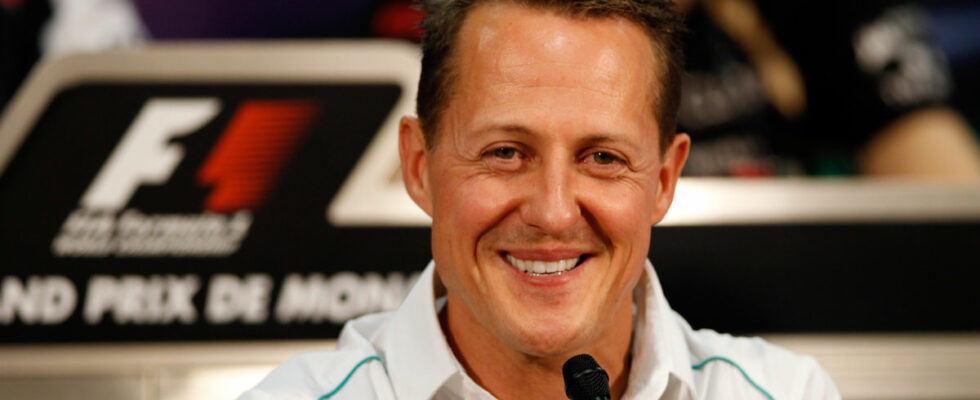The interview was AI generated and referred to as an exclusive one with Michael Schumacher. Die Aktuelle also claimed that the answers were so true to life that it might as well have been a genuine interview.
Jeep Avenger becomes a real Jeep: Now with four-wheel drive
Crazy worse
It wasn’t until at the bottom of the “interview” that it became clear that it was de facto an AI-generated interview. The AI answers gave the impression that Michael Schumacher “was on the road to recovery” and that, with the help of his team, he “could even walk a little”.
The problem was that none of this was true.
The Swedish Transport Administration is rebuilding – the roads you should avoid this summer
Put the foot down
Naturally, that AI interview spread like wildfire and the Schumacher family chose to sue Die Aktuelle. The company that owns the German newspaper, Funke Media Group, fired editor-in-chief Anne Hoffmann.
“This tasteless and misleading article should never have been published,” wrote Funke’s chief executive, Bianca Pohlmann. Now Die Aktuelle and the Schumacher family have settled and the Funke Media Group is forced to pay 200,000 euros, equivalent to approximately SEK 2.3 million, in damages.
Polestar be warned – risk the same fate as Fisker
Integrity is important
The Schumacher family has been incredibly private about Michael’s health, which is hardly surprising. The Netflix documentary Schumacher gives more insight into the seven-time world champion’s condition, but no specific details have been communicated.
No matter how you look at it, using AI to produce an interview with a seriously injured person is decidedly tasteless.
Dangerous faults on one in five caravans – you should check that
